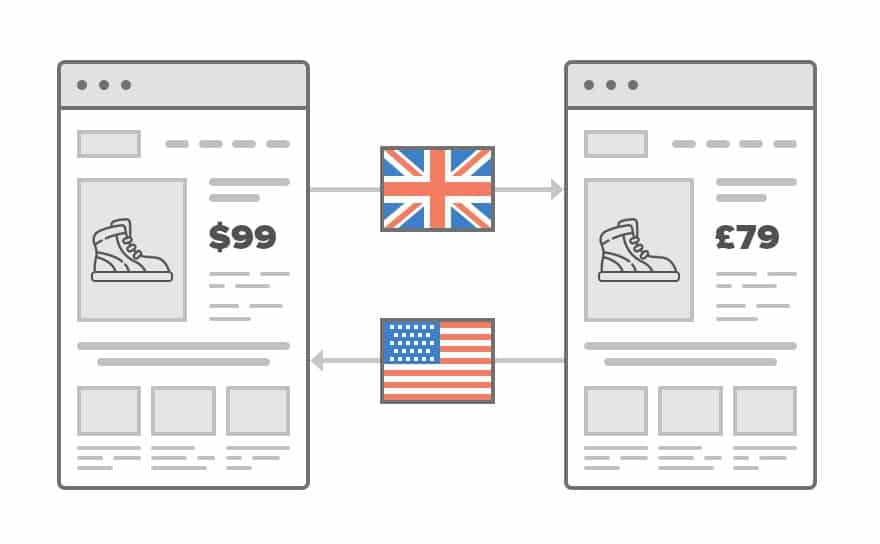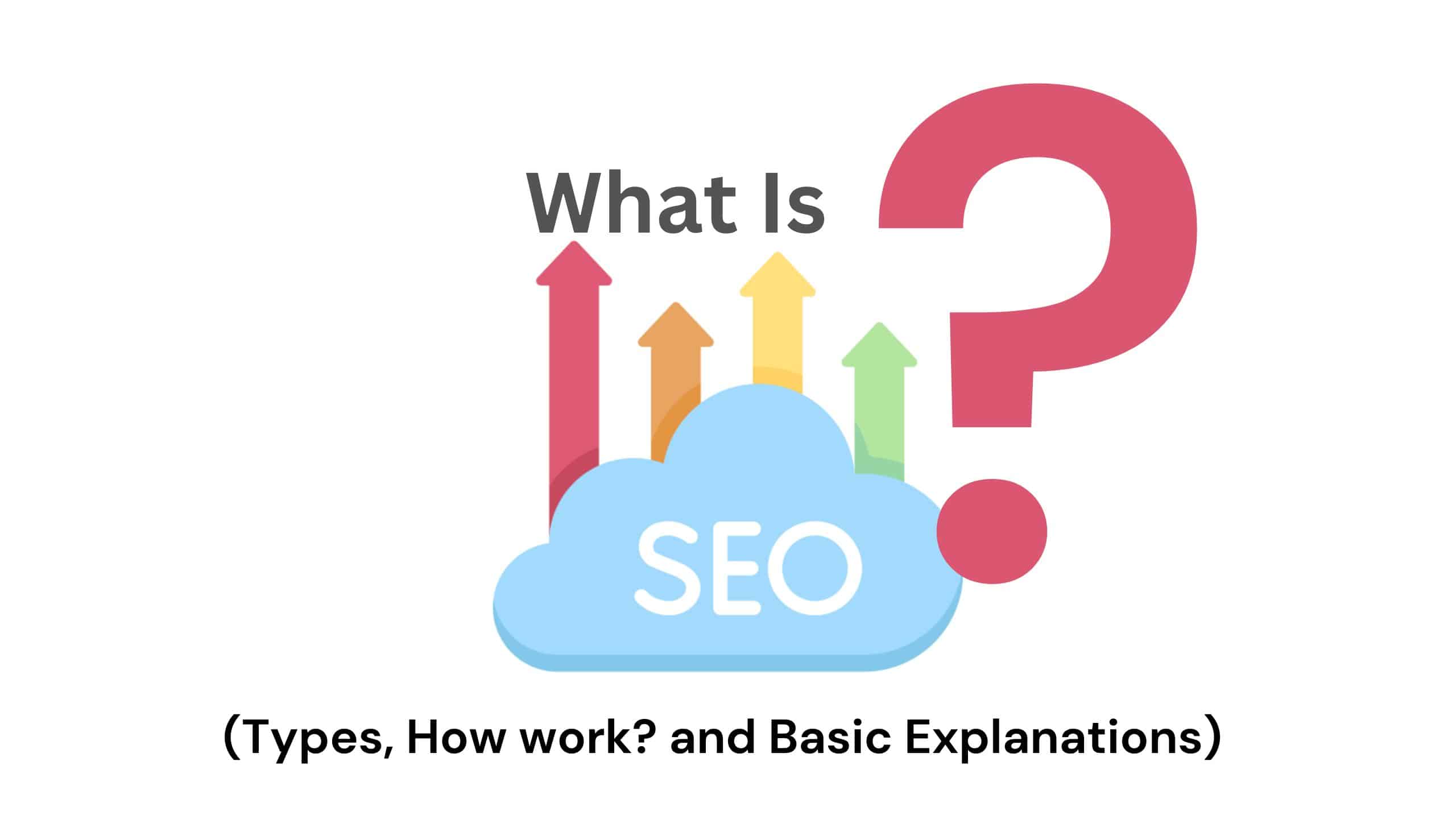Yes, there are several best practices and guidelines for hreflang implementation that can help ensure the accuracy and effectiveness of your language and regional targeting efforts.
By following these guidelines, you can maximize the impact of hreflang tags and improve the visibility of your website’s alternative versions in search engine results.
Let’s explore these best practices in detail:
▪️ Use Correct Language and Region Codes:
It is crucial to use accurate language and region codes in your hreflang tags. Language codes should follow the ISO 639-1 standard, while region codes should adhere to the ISO 3166-1 Alpha-2 standard. For example, use “en” for English, “fr” for French, “en-US” for English targeting the United States, and “fr-FR” for French targeting France. Verify the correct codes and avoid any typos or inconsistencies.
▪️ Be Consistent with Language and Content:
Ensure that the content of your alternative versions matches the language specified in the hreflang tags. Search engines rely on the consistency between hreflang annotations and the actual content to deliver the most relevant version to users. Make sure your content is properly translated or localized for each targeted language and region.
▪️ Guidelines for Hreflang Implementation Tags on All Relevant Pages:
Hreflang tags should be implemented on all relevant pages of your website. This includes the homepage, landing pages, category pages, and individual content pages. The goal is to provide search engines with a clear signal of language and regional targeting for each page. Leaving out important pages can lead to inconsistent or incomplete targeting.
▪️ Include Self-Referencing Hreflang Tags:
Include self-referencing hreflang tags on each page to indicate the language and region of the current page. This helps search engines understand the default language and region of each version.
For example:
<link rel="alternate" hreflang="x-default" href="https://www.example.com/default/page">Here, “x-default” is used to indicate the default version of the page.
▪️ Avoid Redirect Chains:
Hreflang tags should not be used in a redirect chain. Ensure that the alternate URLs specified in the hreflang tags do not redirect to another URL, as this can cause confusion for search engines and impact the accuracy of targeting. Make sure each URL in the hreflang tags resolves directly to the intended content.
▪️ Test and Validate Your Hreflang Implementation:
Use tools such as the Google Search Console‘s International Targeting report or third-party SEO auditing tools to test and validate your hreflang implementation. These tools can identify any errors or issues with your hreflang tags and help ensure proper indexing and targeting of your alternative versions.
▪️ Monitor and Update Hreflang Tags Regularly:
Hreflang implementation is an ongoing process. Monitor your website’s performance in search results and make adjustments as needed. Keep your hreflang tags up to date, especially when adding new language or regional versions or when restructuring your website. Regularly review and update your hreflang implementation to maintain accurate targeting.
▪️ Avoid Hreflang Tag Mistakes:
Common mistakes to avoid when implementing hreflang tags include:
- Using incorrect language or region codes.
- Having inconsistent or incomplete hreflang annotations.
- Using incorrect URLs in the hreflang tags.
- Neglecting to include self-referencing hreflang tags.
- Implementing hreflang tags on pages that don’t have corresponding alternate versions.
- Ignoring validation and testing of hreflang implementation.
By adhering to these best practices and guidelines, you can enhance the effectiveness of your hreflang implementation and improve the visibility of your website’s alternative versions in search engine results. Remember to stay up to date with any changes or updates in search engine guidelines and algorithms related to hreflang implementation.
We would love to hear from you!
Whether you have questions about our SEO-Hreflang Customizer services, need technical support, or want to discuss a potential collaboration, our team is here to assist you.





